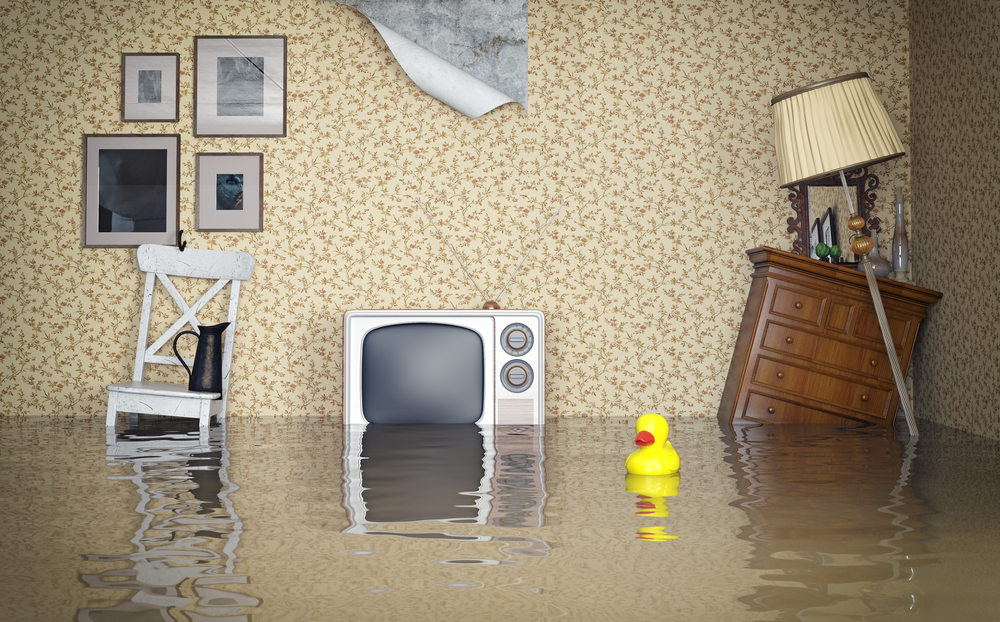No one likes to think about the possibility that fire, flooding, or storm damage may affect their home. But, of course, various types of home emergencies can occur to anyone when they least expect it. The better prepared you are to take action in the immediate aftermath of a home emergency, the more likely you are to minimize the consequences and the more quickly you can put the incident behind you and resume your normal life.
Below are steps you should be ready to take if disaster strikes.
Contact your insurance agent. Ask them to explain your policy, including things like whether temporary housing or storage for your belongings is covered.
Conduct emergency repairs. Take the necessary steps to prevent further home emergencies or damage, such as by covering broken windows to keep rain out, moving items that may be more flammable, etc. As you do, keep in mind that hidden damage can be a hazard. If you have reason to believe that any portion of the structure is at risk, vacate the premises as soon as possible and have a professional inspection done.
Secure your home. Unfortunately, thieves and vandals prey on even those facing tremendous adversity.
Contact a restoration company. Get recommendations from a trusted source, such as your insurance agent, on companies that can help you with the cleanup process. Have them begin work as soon as possible (with your insurance agent’s OK) to prevent further damage.
Take photos. Before restoration has begun, take photos of the damage to your home and belongings that can be provided to the insurance company to help in the processing of your claim.
Protect undamaged property. Move belongings that haven’t been affected by the event to a location where they won’t be affected by the restoration process—to another room or even into storage.
Take notes. Keep as detailed a record as possible of what happens following the incident—who you spoke to, date and time of the conversation, actions discussed or promised, items purchased, fees paid, etc. Things you might readily remember under other circumstances are easy to forget when you are stressed.
Get official documentation. If police or fire agencies responded to your emergency, request copies of official reports for your records.
Check on “disaster area” status. If your home was damaged as part of an event that resulted in a “disaster area” designation, you may be entitled to services and financial assistance to help you recover.
Be available and helpful. The faster adjusters, government officials, and others can get the information they need from you, the faster they can take actions on your behalf.
While dealing with the aftermath of a disaster is never easy, knowing the steps to take and initiating that process as soon as possible is the best way to take your mind off your loss and get on the road to recovery. At JMC we don’t want to see anyone displaced due to home emergencies. We specialize in repair and restoration so you can get back to a safe and healthy home as quickly and easily as possible. If you’ve experienced a disaster on your home, call us today.

